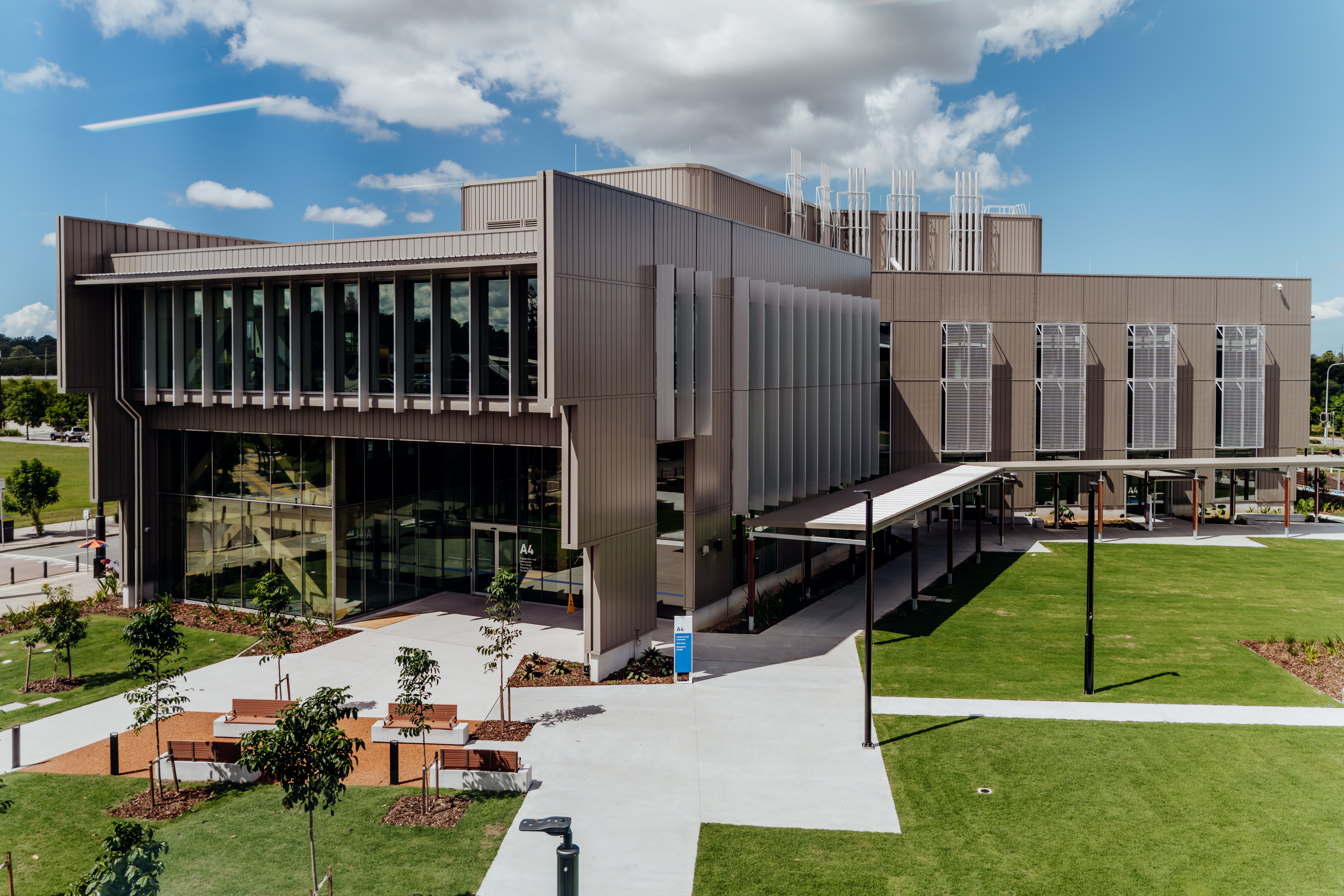The University of the Sunshine Coast (UniSC) welcomes the announcement of $1.1 billion in the budget, for the first stage of reforms to Australia’s higher education system over the next five years and the measures that make study more affordable for students, including the previously announced HELP reforms and payments for students undertaking practical placements.
Vice-Chancellor and President, Professor Helen Bartlett, said the commitment to introduce demand driven funding to grow enrolments from equity students, if implemented appropriately, will be critically important to underpin Australia’s future workforce needs. However, this policy will only be successful if the enabling needs-based funding model appropriately resources universities, like UniSC, who already teach and support the lion’s share of these students.
UniSC would therefore like to see consultation prioritised on these new models, to ensure they are fit for purpose when introduced in 2026.
“I also heartily welcome the $350 million to expand access to university enabling and preparatory courses, which UniSC already provides for free, to assist people in gaining the confidence to undertake further education and in turn successfully transition to formal university study. I hope this additional funding will enable us to broaden our existing offerings to help more people consider and subsequently achieve success at university,” Professor Bartlett said.
“The formation of the Australian Tertiary Education Commission spearheads the beginning of the ambitious vision of the Universities Accord, and UniSC looks forward to working constructively with the Commission to deliver quality education to a wider range of Australians,” Professor Bartlett said.
With respect to the international education reforms, UniSC calls for thorough sector consultation so that Australia’s international reputation, as well as stability and growth in the $48 billion sector, is prioritised in plans to address net migration growth.
“Australia is recognised globally for its high-quality international education offering. As a nation we have graduated more than 3 million students in the past 20 years who now carry our brand across the world in a range of sectors,” Professor Bartlett said.
“While we support integrity and sustainability within the sector, our international students have a choice, and a loose message of caps risks unwelcome sentiment forming around the world, limiting attraction of the brightest minds, diversity on our campuses and communities, and impacting our local economies.
“Our international student growth ambitions have been modest and diversified across many countries, accounting for the university’s focus on meeting the economic and social globalisation needs for higher education in our regional areas.
“Regional and outer metro universities such as UniSC increasingly rely on a diversified revenue stream and international student income is an important part of that mix. We do not have the reserves or growth opportunities that are available to large metro universities to fall back on.
“Appropriate student accommodation is a pressing need across Australia, including in the communities we serve. With limited, or in some cases no existing purpose-built student accommodation near our campuses, UniSC is already considering how to build much needed on-campus accommodation for our domestic and international students.
“Given the lack of clarity on whether the Government plans to support universities’ future infrastructure needs, we strongly encourage them to help us accelerate the delivery of our planned student accommodation, which is needed now. That support should not just be a conversation with universities seeking to enrol international students above their agreed international student caps.
“As a comprehensive university, UniSC also welcomes the Government’s intention to undertake a strategic examination of Australia’s Research and Development (R&D) system and we particularly look forward to discussions about how to ensure smaller and regional universities can be supported to play a larger role in delivering research and commercialisation outcomes,” Professor Bartlett said.
Media enquiries: Please contact the Media Team media@usc.edu.au

